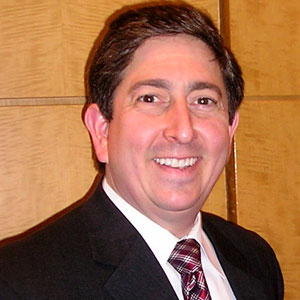CDC Offers Insight on Common Cancer Questions

For patients, it’s terrifying to read words like lymphoma, carcinoma, and melanoma. Patients with cancer are awash in medical terms. Treatment plans, including radiation, stem cell transplantations, and chemotherapy, offer little comfort to people who are entirely unfamiliar to the oncology world. The language in cancer care comes with preconceived notions, and it’s often daunting and frightening for patients.
To ensure more Americans understand the public health implications of cancer, the Centers for Disease Control and Prevention (CDC) (https://www.cdc.gov/cancer/) is taking an active role in creating awareness activities. By posting commonly asked questions, the CDC hopes to demystify cancer and its treatment to the uninitiated, while also helping survivors and caregivers better comprehend the cancer journey.
Some of the commonly asked questions include:
- Should people with cancer get a flu shot? (https://www.cdc.gov/cancer/flu/)
- When should I get a mammogram? (https://www.cdc.gov/cancer/breast/basic_info/mammograms.htm)
- Should I get screened for prostate cancer? (https://www.cdc.gov/cancer/prostate/basic_info/get-screened.htm)
- What is cancer? (https://www.cdc.gov/cancer/dcpc/prevention/)
- How often should I get screened for cervical cancer (Pap and HPV tests)? (https://www.cdc.gov/cancer/cervical/basic_info/screening.htm)
- What should I know about colorectal (colon) cancer screening? (https://www.cdc.gov/cancer/colorectal/basic_info/screening/)
- What do I need to know about HPV vaccines for my children? (https://www.cdc.gov/cancer/dcpc/prevention/vaccination.htm)
- Do I qualify for a free or low-cost mammogram or Pap test? (https://www.cdc.gov/cancer/nbccedp/screenings.htm)
Ongoing efforts at the CDC continue to raise awareness about cancer for Americans, including statistics, prevention techniques, resources for survivors, and proven policies for healthcare professionals. Education is a key component of successful oncology nursing, and the CDC is one of many resources that can demystify the disease for patients with cancer.
